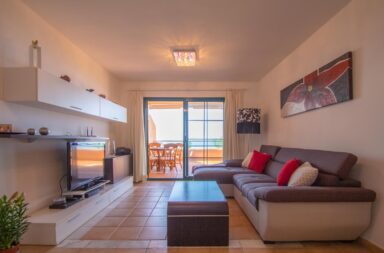The law states that the owner of a property under the horizontal property regime is obliged to contribute to overheads, in accordance with his participation quota. Therefore, the property itself is liable for and affected by the payment of the amounts owed to the community of owners.
As a result of the crisis of covid-19, the situation of arrears of many owners in the community of owners is worsening. For the correct functioning of the common services, the participation of all the owners is required. The non-payment of common costs can, for example, be an obstacle to carrying out urgent work or repairs.
The situation of non-payment due to the pandemic may become more acute if the debtor neighbour does not openly express his difficulties to the president or administrator. It is not advisable to simply stop paying. It is preferable, however embarrassing, to speak out and ask for a moratorium or payment by instalments. Otherwise, it is foreseeable that the claim may end up in court, generating tension and more expenses.
What is the time limit for claiming against the defaulting neighbour?
The owners’ association may finally be forced to litigate, after noting that the defaulting neighbour does not settle his debts. It is advisable to know what time limit is available for making a claim. This is an issue that has recently been addressed by the Supreme Court in the case of a claim initiated by a community of owners.
The lawsuit filed against the defaulting neighbour was a claim for the outstanding general expenses of the last eight (8) years. The substantive issue discussed was the limitation period for claiming such community costs. Considering that the plaintiff could claim the outstanding costs of up to 15 years, and the neighbour in debt only of the last five (5) years. As established in articles 1964 and 1966.3 of the Civil Code, respectively.
The Supreme Court considers that the period of 5 years established in article 1966.3 of the Civil Code is the applicable one. Given that it is fully related to the obligation to pay overheads, which article 9.1e of the Horizontal Property Law provides. «It is not in vain», points out the Supreme Court, «it is incomprehensible that the community allowed such a long time to pass (more than 5 years) to demand payment from the neighbour who repeatedly failed to fulfil his obligations».


